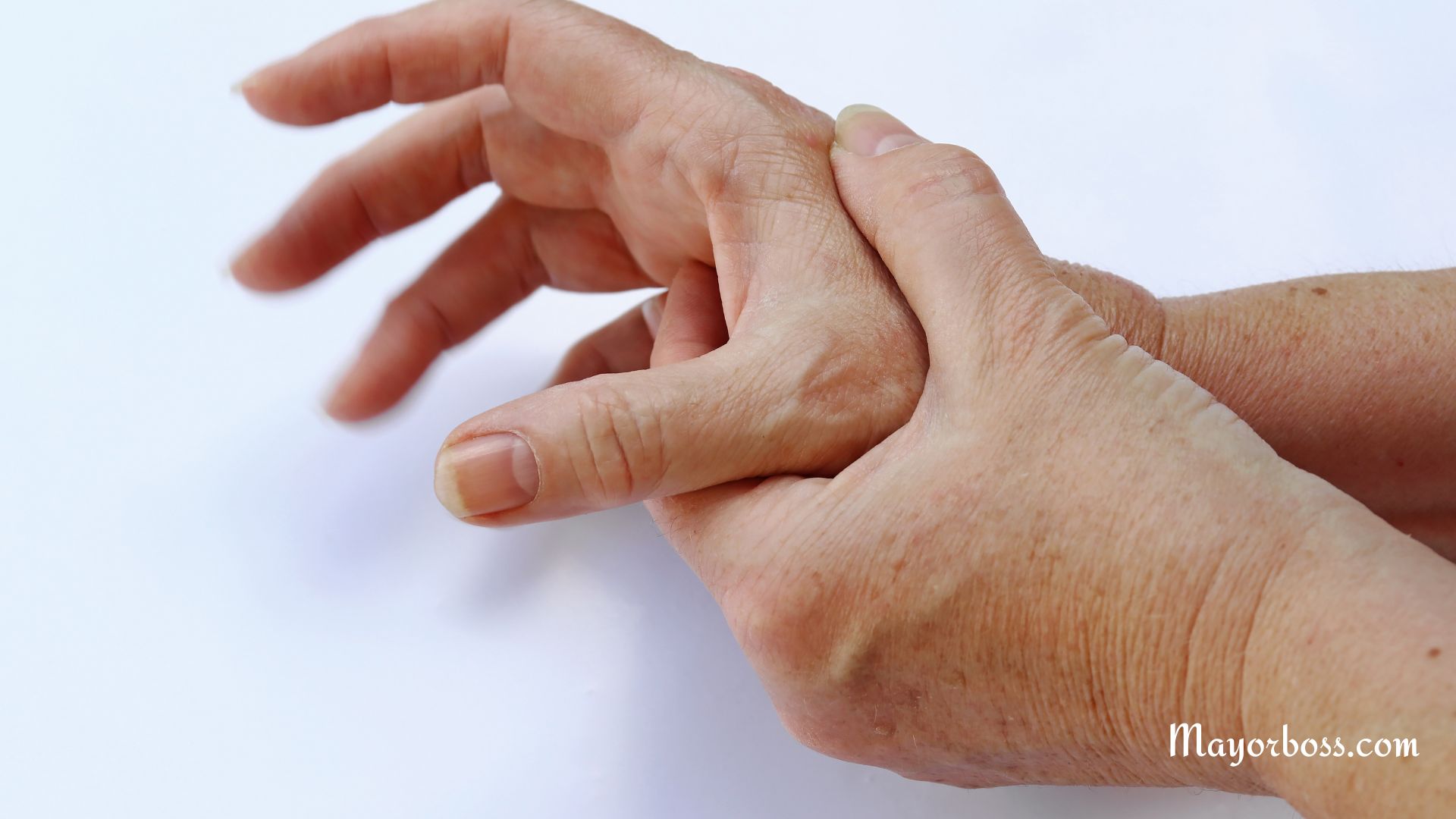What Causes Thumb Twitching?
Thumb twitching can be a perplexing and sometimes alarming experience. You’re sitting there, minding your own business, and suddenly, your thumb starts to twitch uncontrollably. It’s not only distracting but can also lead you to worry about what’s causing it. Let’s explore the various reasons behind thumb twitching and when it might be a sign to seek medical attention.
Common Causes of Thumb Twitching

Benign Fasciculation Syndrome
Imagine your thumb muscles suddenly start twitching without any apparent reason. This could be benign fasciculation syndrome (BFS). BFS is characterized by frequent muscle twitches, including in the thumb, and is usually harmless. These twitches are often more noticeable when you’re resting or stressed.
Stress and Anxiety
You might notice your thumb twitching more during periods of high stress or anxiety. Stress can trigger various physiological responses, including muscle twitches. It’s your body’s way of reacting to increased adrenaline and cortisol levels.
Fatigue and Overuse
If you’ve been texting, gaming extensively, or knitting, overuse might be the culprit. Repetitive motions can strain the muscles in your thumb, leading to twitching. Similarly, general fatigue can affect your muscle control, causing involuntary twitches.
Nutritional Imbalances
Low levels of certain nutrients, particularly magnesium, calcium, and potassium, can lead to muscle twitching. These minerals are compulsory for proper muscle function, and their deficiency can cause various neuromuscular symptoms, including thumb twitching.
Caffeine and Medications
Excessive caffeine intake can sometimes lead to muscle twitching. Similarly, certain medications, especially those used for treating asthma or ADHD, can have muscle twitching as a side effect.
Less Common but Serious Causes
Carpal Tunnel Syndrome
It could be carpal tunnel syndrome if you experience thumb twitching along with pain or numbness in your hand, particularly along the thumb, index, and middle fingers. This condition is caused by pressure on the median nerve in your wrist and requires medical attention.
Neurological Disorders
In rare cases, thumb twitching can be a symptom of a neurological disorder, such as amyotrophic lateral sclerosis (ALS) or multiple sclerosis (MS). However, these conditions usually present with other significant symptoms as well.
Simple Home Remedies
For minor and infrequent thumb twitching, simple home remedies can be effective. These include resting the thumb, applying warm compresses to relax the muscles, and ensuring adequate hydration and nutrition.
When to Seek Medical Attention
If your thumb twitching is persistent, accompanied by weakness or loss of muscle, or if you’re experiencing twitching in other parts of your body as well, it’s advisable to consult a healthcare professional. They can determine if further investigation is needed and provide appropriate treatment.
Conclusion
In most cases, thumb twitching is a harmless sensation that can be attributed to factors like stress, fatigue, or minor muscle strain. However, if you’re concerned about your symptoms or if they persist, don’t hesitate to seek medical advice.
